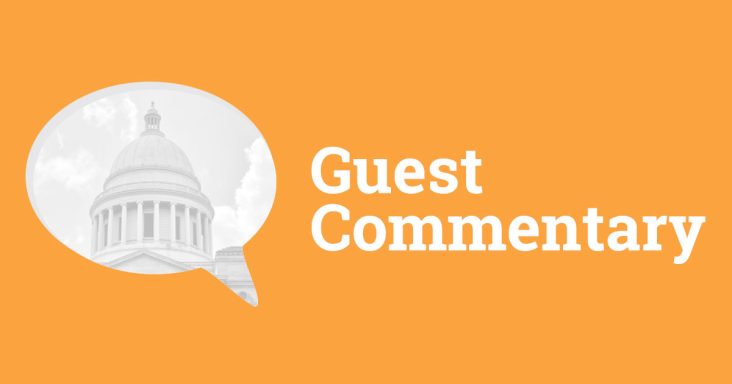Educational agents of change
by December 31, 2024 8:00 am 178 views

As 2024 comes to a close, the subject of New Year’s resolutions often arises. Looking for something new or stuck in a rut, many of us vow to ourselves or loved ones to shake things up and disrupt our status quo. We pledge to pursue work-life balance, adopt healthier habits or decrease screen time.
Our commitment to change is notable. But to truly achieve our desired results, we have to follow through. We must transition beyond this initial idea and put in the sustained effort to hit our target metrics, whether unplugging after work or exercising more regularly. No matter our stated end goal, one thing is sure — the impact depends on our implementation.
The same principle applies to enacting dramatic improvements to our education system. Setting audacious goals, such as improved literacy or greater access to high-speed internet, and developing corresponding policies are the starting points. The more pressing challenge and opportunity come when the rubber meets the road.
Throughout 2024, we have seen this scenario play out right here in Arkansas. Last year, our state passed historic legislation, the LEARNS Act, to transform our education system. These bold policies have been the launchpad for real, needed change. The goal is to ensure that all Arkansas students graduate prepared for college, career and community engagement.
For our state’s policies to work effectively and as intended, we must enable those on the ground — Arkansas educators — to participate in their implementation. Research consistently affirms that teachers can and should be considered agents of change, particularly during the school improvement process. The Brookings Institute states, “Teacher adaptations can improve [an] initiative or make it more suitable for their unique context.” That is because educators keenly understand their students’ and communities’ needs. The public policy organization further elaborates how educator feedback is essential to “implement [an] initiative successfully” and, as an added benefit, often “help teachers grow in their instructional capacities.”
At Forward, we have seen firsthand the value of allowing and inviting educators to be part of the improvement process. In January 2024, we launched the LeARner Collective. Through this initiative, we have provided 18 participating school teams from Northwest Arkansas and the Arkansas Delta with the dedicated time, space and tailored support to create conditions for student success. We have given them regular opportunities to collaborate with their peers, identify potential challenges, brainstorm possible solutions, explore innovative models and determine the best approach. This flexibility and autonomy have empowered them to adapt policies and practices to meet the unique needs of their learners and communities. The LeARner Collective gives them a seat at the table so they can innovate and implement state policies effectively and in their local context.
From expanded access to literacy coaches to new statewide priorities on high-quality instructional materials, we will remember this year for its continued innovations in Arkansas education. As we prepare for the new year and contemplate our 2025 resolutions, we should collectively recommit to engaging great teachers and school leaders in the educational improvement process. Our state’s leadership has made a huge investment in education, introducing bold policies that have set the stage for positive change. Alongside and with the support of those in our classrooms, we can ensure effective implementation to deliver maximum impact for Arkansas students.
Editor’s note: Ben Kutylo is the president and CEO of Forward Arkansas, a nonprofit whose mission is to accelerate the innovative and equitable transformation of education in Arkansas. The opinions expressed are those of the author.
